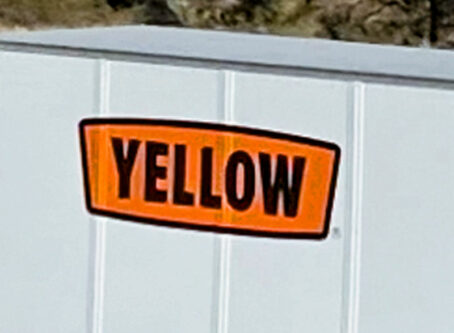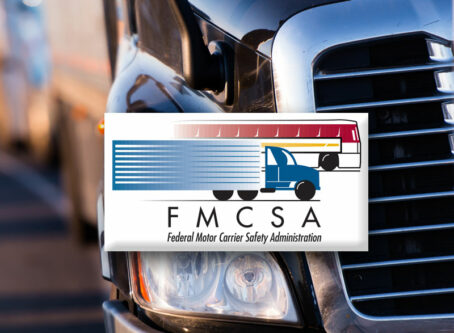FMCSA expands COVID-19 emergency declaration
The Federal Motor Carrier Safety Administration has expanded its list of qualifying loads for its national emergency declaration.
On May 13, the agency announced that it added heating fuel – including propane, natural gas and heating oil – to products that qualify as direct assistance in support of emergency relief efforts related to the COVID-19 pandemic. FMCSA’s emergency declaration, which was first issued in March 2020, provides regulatory relief for truckers providing direct assistance.
Although modified several times, the emergency declaration, which provides some relief from the hours-of-service regulations, has remained in effect more than two years.
According to FMCSA, direct assistance means “transportation and other relief services provided by a motor carrier or its driver(s) incident to the immediate restoration of essential services (such as medical care) or essential supplies related to COVID-19 during the emergency.”
Regulatory relief is limited to the following loads:
- Livestock and livestock feed.
- Medical supplies and equipment related to the testing, diagnosis and treatment of COVID-19.
- Vaccines, constituent products, and medical supplies and equipment, including ancillary supplies/kits for the administration of vaccines, related to the prevention of COVID-19.
- Supplies and equipment necessary for community safety, sanitation, and prevention of community transmission of COVID-19, such as masks, gloves, hand sanitizer, soap and disinfectants.
- Food, paper products and other groceries for emergency restocking of distribution centers or stores.
- Gasoline, diesel, jet fuel, ethyl alcohol and heating fuel, including propane, natural gas and heating oil.
- Supplies to assist individuals affected by the consequences of the COVID-19 pandemic, including building materials for individuals displaced as a result of the emergency.
The emergency declaration previously included gasoline, diesel, jet fuel and ethyl alcohol, but heating fuel loads were not covered.
Earlier this year, the FMCSA clarified that the final entry included the transportation of new automobiles as a qualified load.
The most recent version of the emergency declaration provides an exemption only from the Federal Motor Carrier Safety Regulations’ 395.3, which sets a maximum driving time for property-carrying vehicles. Previous declarations covered parts 390-399 of the FMCSR with some exceptions. Of note, the exemption no longer covers 395.8(a), 395.8(k) and 395.11 related to driver’s records of duty status, supporting documents, and retention of driver’s records of duty status and supporting documents, as well as subpart B of part 395 related to electronic logging devices.
FMCSA’s emergency declaration remains in effect through May 31. Given the recent decision to expand the list of qualifying loads, it is likely the emergency declaration will receive another extension at the end of the month. LL









